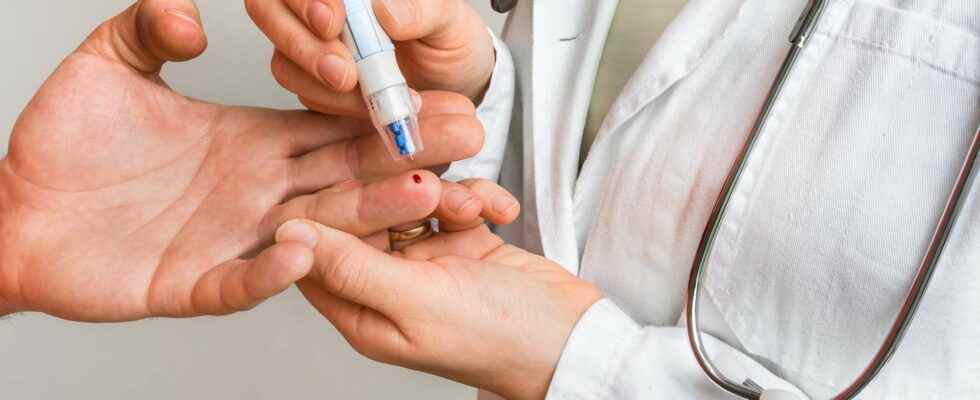Does having an autoimmune disease prevent you from getting vaccinated against Covid-19? For the vast majority of these patients, the answer is no! On the contrary, vaccination is particularly recommended for this population at risk of serious forms.
You will also be interested
[EN VIDÉO] How does a messenger RNA vaccine work? Pfizer and Moderna have chosen this cutting-edge technique to design their vaccine against Covid-19 in record time. This video presents everything you need to know about messenger RNA vaccines in three minutes!
On November 26, 2021, the Vaccine Strategy Guidance Council (COSV) specified in a note than ” the autoimmune diseasesof which the rheumatoid arthritis and the multiple sclerosisare not contraindications to vaccination anti covid-19 “. It is added a little later that ” it is better to use the mRNA vaccines for people with autoimmune diseases (Moderna or Pfizer) “.
Although vaccination is sometimes a little less effective in people suffering from an autoimmune disease, the benefit/risk balance leans in favor of vaccination. The COSV would like to point out in particular that the vaccines are well tolerated in such patients, including those with lupus, rheumatic diseases and immune-mediated kidney disease.
Furthermore, the COSV recalls that ” to date, there is no evidence that the primary or booster anti-Covid-19 vaccination increases the risk of relapse or development of de novo autoimmune diseases that is, getting vaccinated cannot make an ongoing autoimmune disease worse, nor can it trigger an autoimmune disease in a healthy person.
The vaccine is particularly recommended for frail people
The disease at Covid-19 may go unnoticed in many people. On the other hand, in frail people, the SARS-CoV-2 can cause severe and even fatal forms of pathology. People with autoimmune diseases are mostly at higher risk of developing a severe form of Covid-19 than the general population. Vaccination is therefore particularly recommended in this type of patient. People with autoimmune diseases were also on the list of the High Authority of Health (HAS) of December 17, 2020 of persons eligible as a priority for vaccination against Covid-19, at all start of the campaign.
Lower efficiency of the initial scheme…
Patients with inflammatory diseases receiving weak immunosuppressive treatments display anti-Covid-19 antibody levels satisfactory. However, it is true that the vaccine may be less effective in some people with autoimmune diseases.
In particular, the response may be poor, or even absent, in people receiving strong immunosuppressive treatments such as anti-CD20, antimetabolites or rituximab. Rituximab is a antibody monoclonal chimerical directed against theantigen CD20 membrane. This antigen is present on the lymphocytes normal and malignant B cells, but is absent from B cell precursors and stem cells hematopoietic. The binding of the antibody to the lymphocyte leads to its destruction.
The COSV states that “ almost one in ten people with an immune-mediated inflammatory autoimmune disease would not develop a satisfactory response to the anti-Covid-19 vaccination “. In the case of very severely immunocompromised people, it may be decided, on a case-by-case basis, to opt for prophylaxis primary by monoclonal antibodies. Prophylaxis is a strategy for prevention, with the aim of preventing the onset of the disease. If the person has never been infected, we speak of primary prophylaxis. If it is a question of preventing a relapse, one speaks of secondary prophylaxis.
…but good results with the “vaccine boost”
Regarding the booster dose, it would be particularly useful in people with autoimmune diseases. It is possible to administer it as early as five months after the initial regimen in the absence of immunosuppressive treatment or as early as three months in the presence of immunosuppressive treatment. The booster dose allows the production of antibodies in 80% of people in whom the primary vaccination had not worked.
Interested in what you just read?
Subscribe to the newsletter Health question of the week : our answer to a question you ask yourself (more or less secretly). All our newsletters
